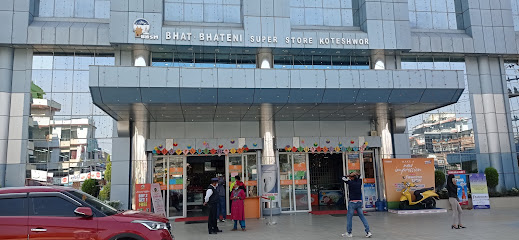Kathmandu: The Supreme Court of Nepal has upheld its previous verdict, ordering Bhatbhateni Supermarket, accused of using fake VAT bills, to pay more than Rs 1.6 billion to the government. The decision confirms that Bhatbhateni conducted business using counterfeit VAT bills, affirming the tax evasion allegations.
After an initial tax assessment by the Inland Revenue Department (IRD) in 2020, Bhatbhateni appealed to the Supreme Court. While the SC validated the IRD’s tax determination, a recent decision on Tuesday, following another appeal by Bhatbhateni, reaffirms the supermarket’s obligation to settle the tax liability.
As per the Supreme Court’s decision, Bhatbhateni is now required to pay more than Rs 1.60 billion to the government. Despite the earlier ruling, Bhatbhateni had appealed for a review without making the payment, leading to the recent confirmation of its tax evasion and the subsequent payment obligation.
The owner of Bhatbhateni, Min Bahadur Gurung, may face additional penalties, as the court has calculated a penalty of Rs 150 million per annum, totaling Rs 600 million over four years. The Inland Revenue Department will proceed to collect the specified amount from Bhatbhateni.
The case dates back to a tax evasion investigation in 2011 when the IRD’s market monitoring team discovered that Bhatbhateni had evaded taxes using fake bills between July 2007 and January 2011. After years of legal proceedings, the Supreme Court’s recent decision upholds the government’s claims against Bhatbhateni Supermarket.
It is a significant development in the fight against financial offenses, as the Supreme Court affirms the use of fake and counterfeit invoices by the supermarket, reinforcing the consequences of tax evasion in Nepal.
